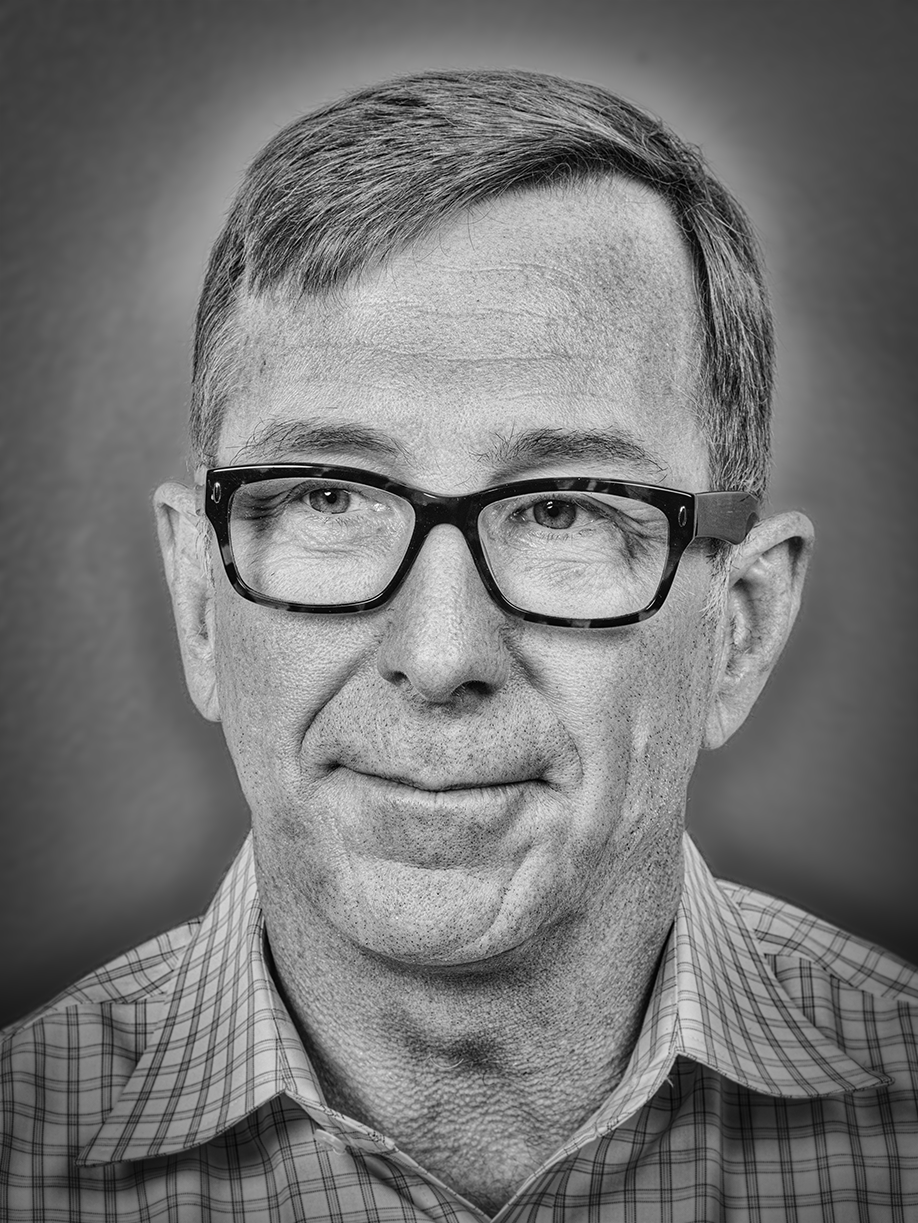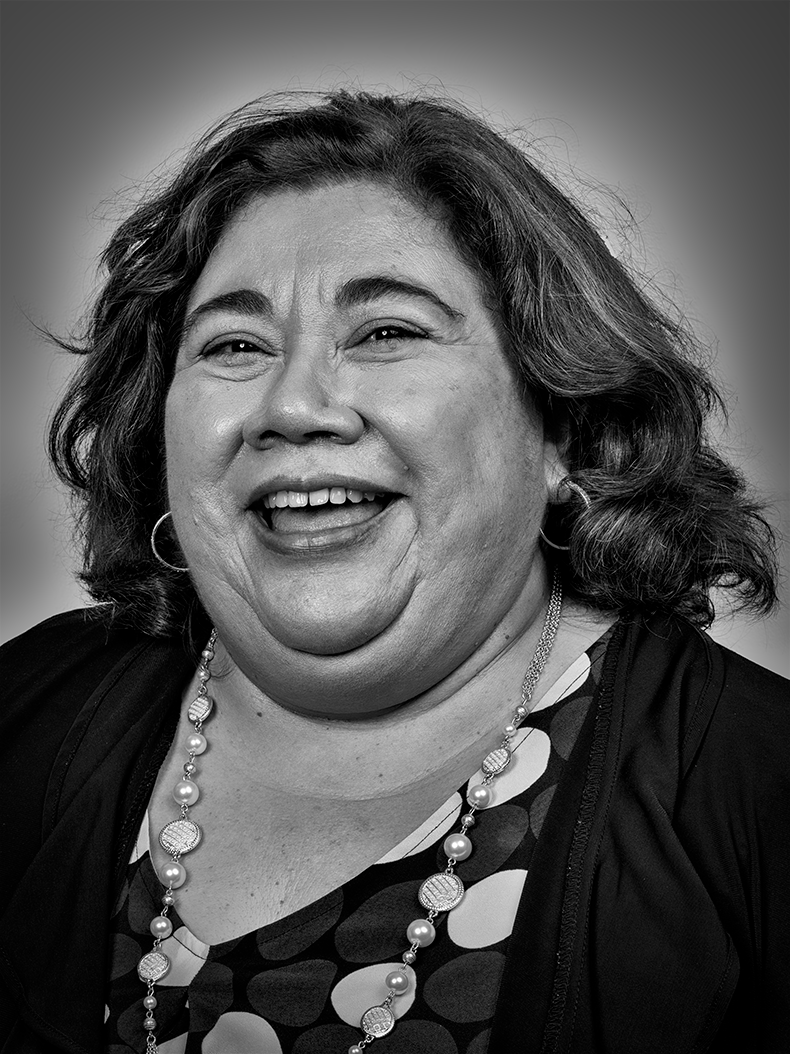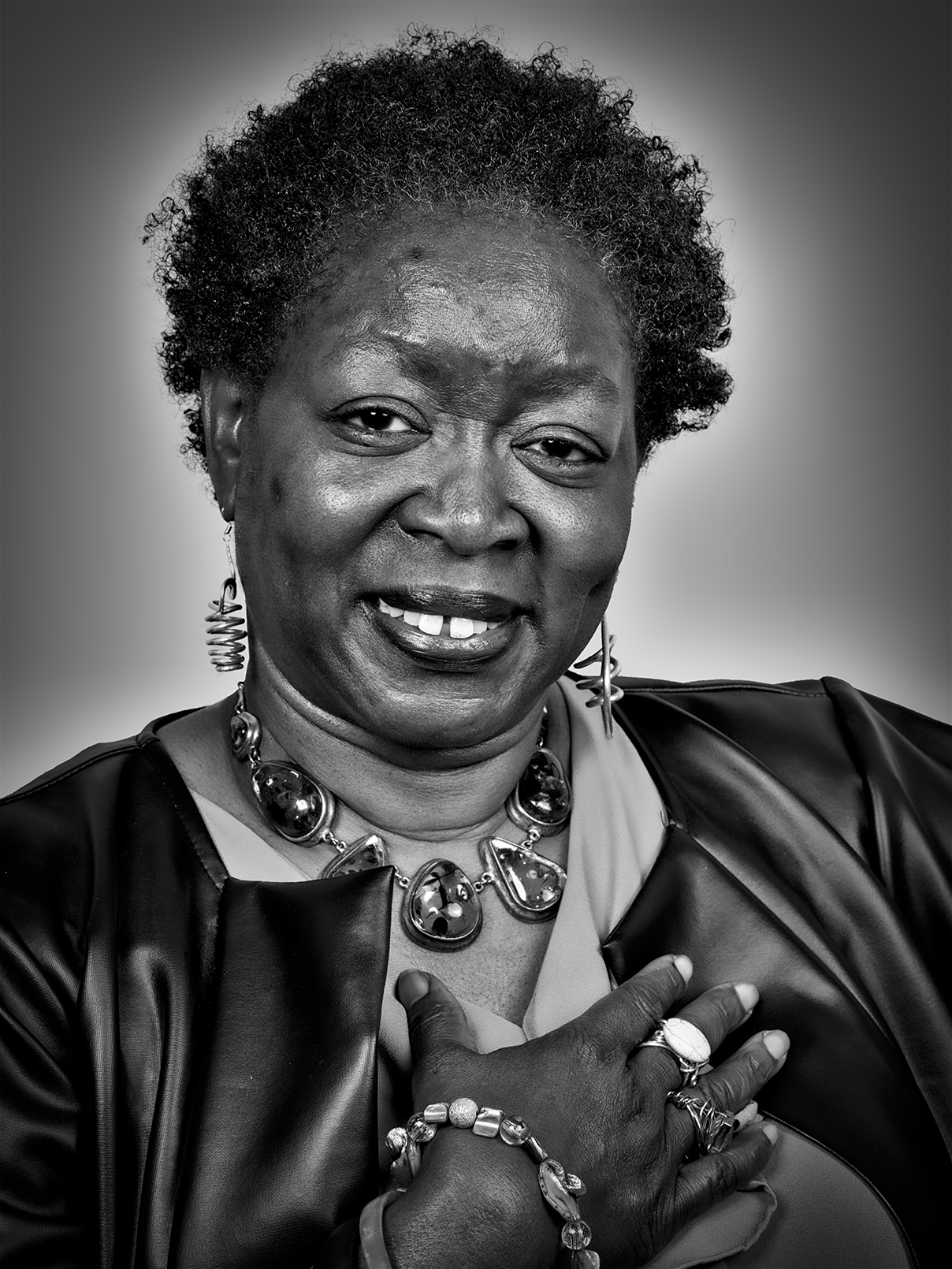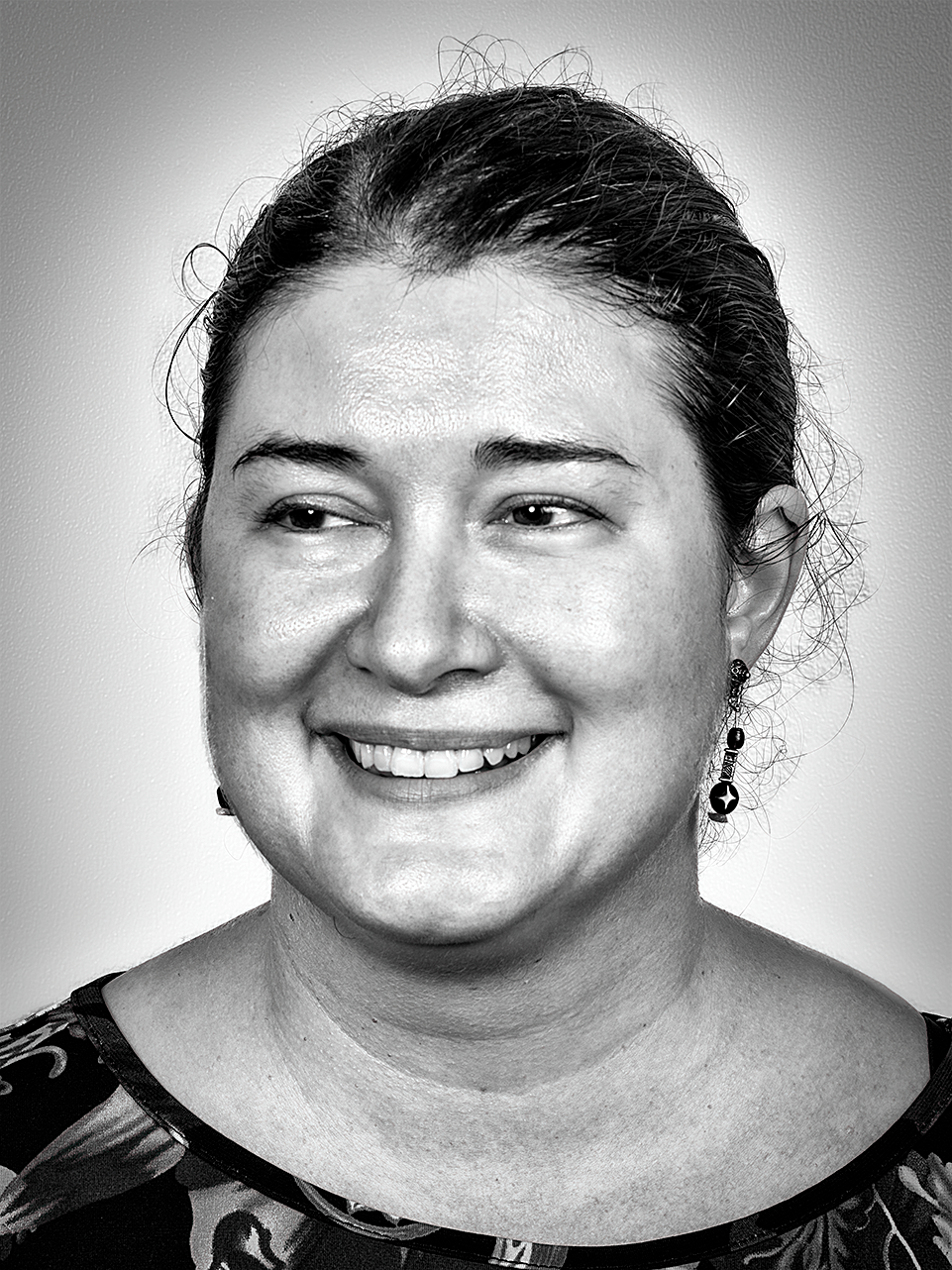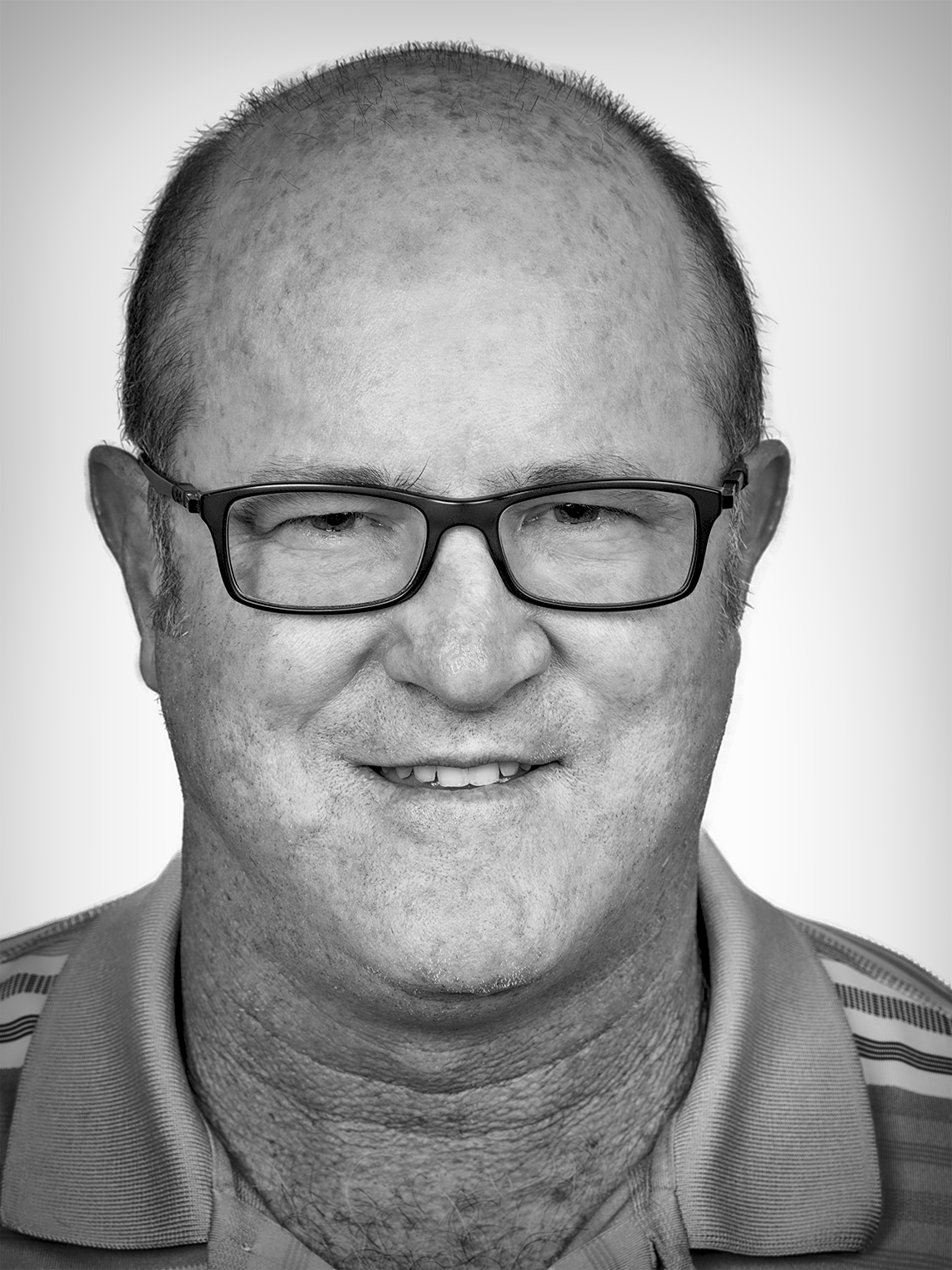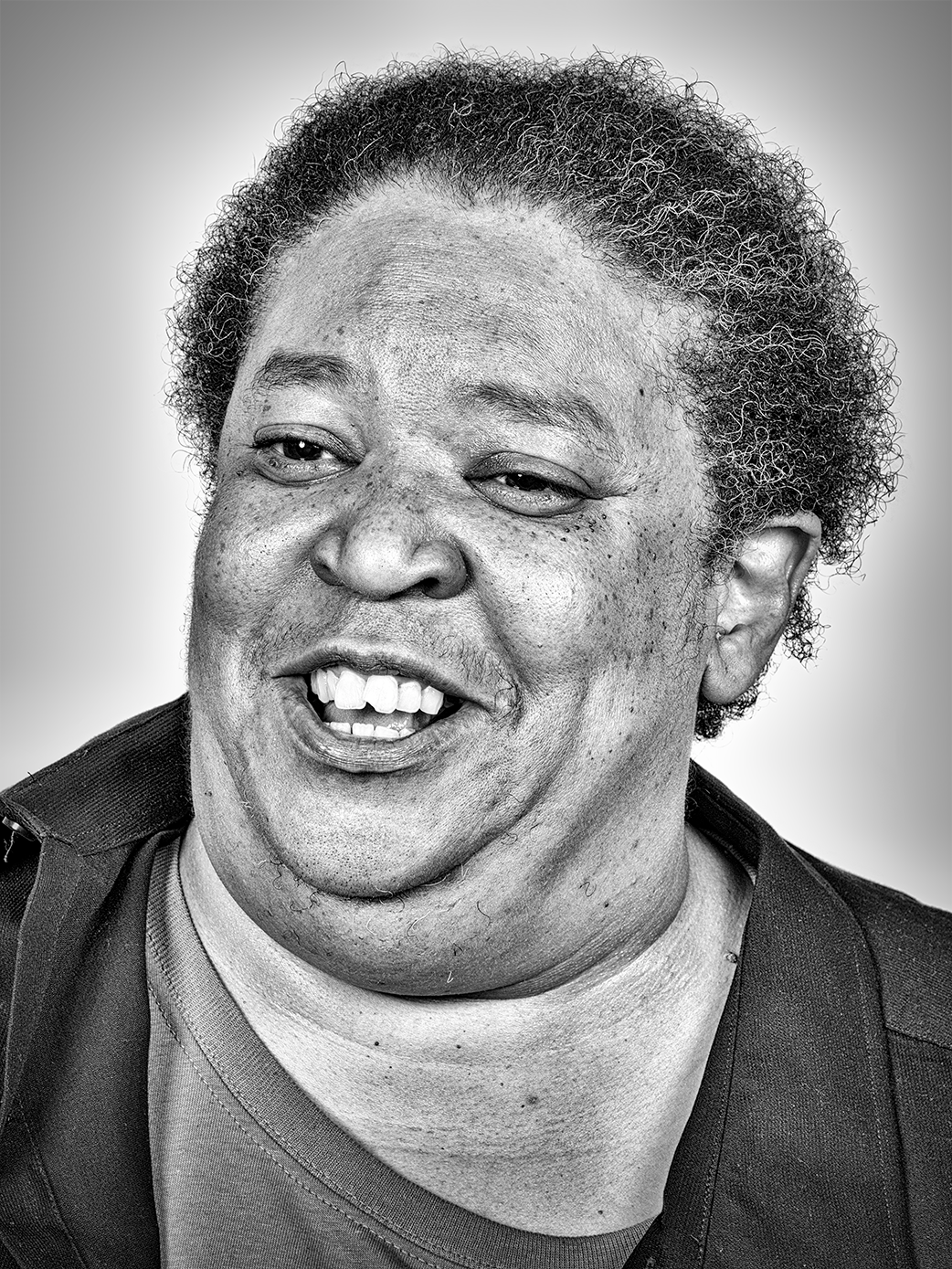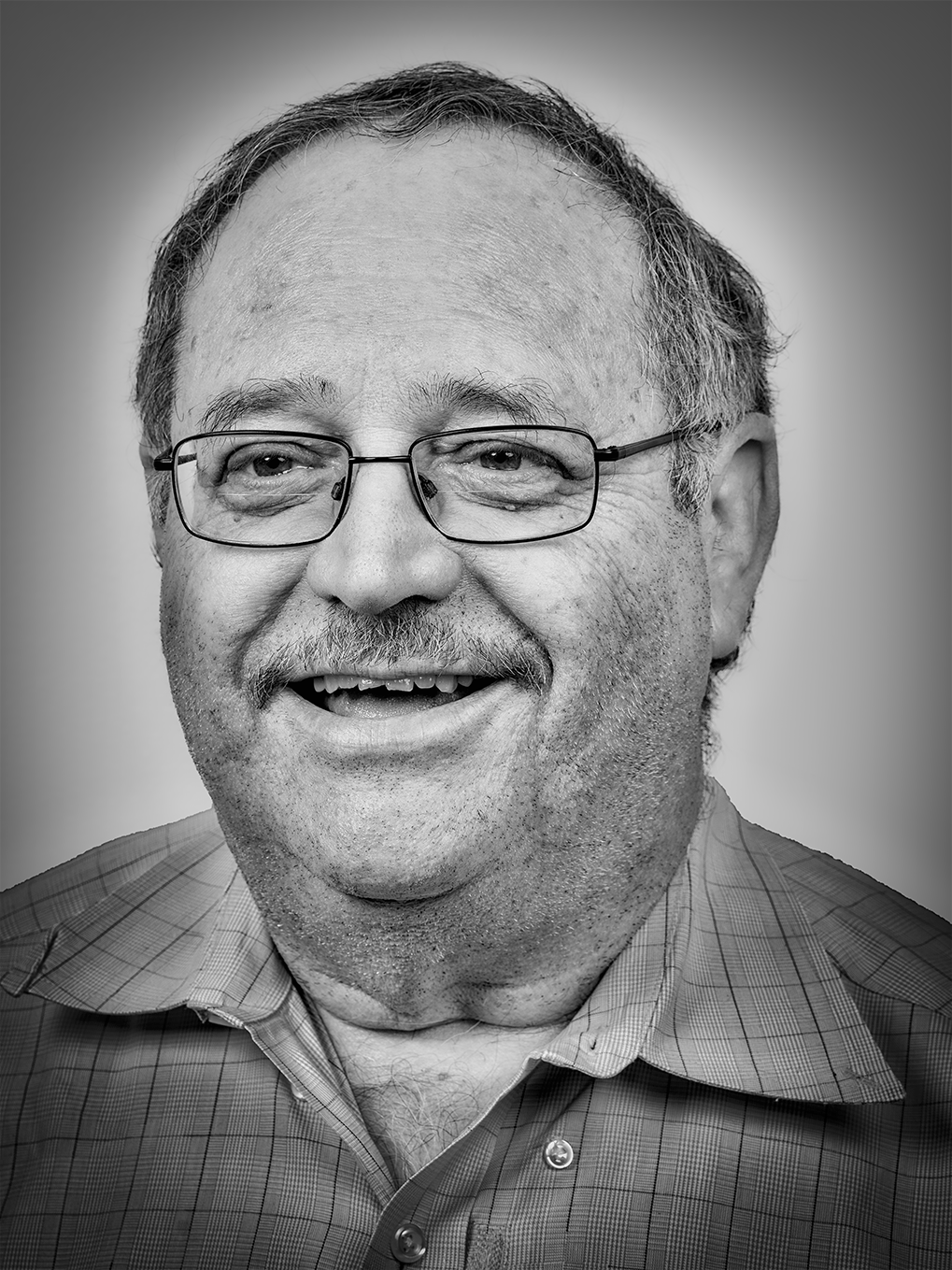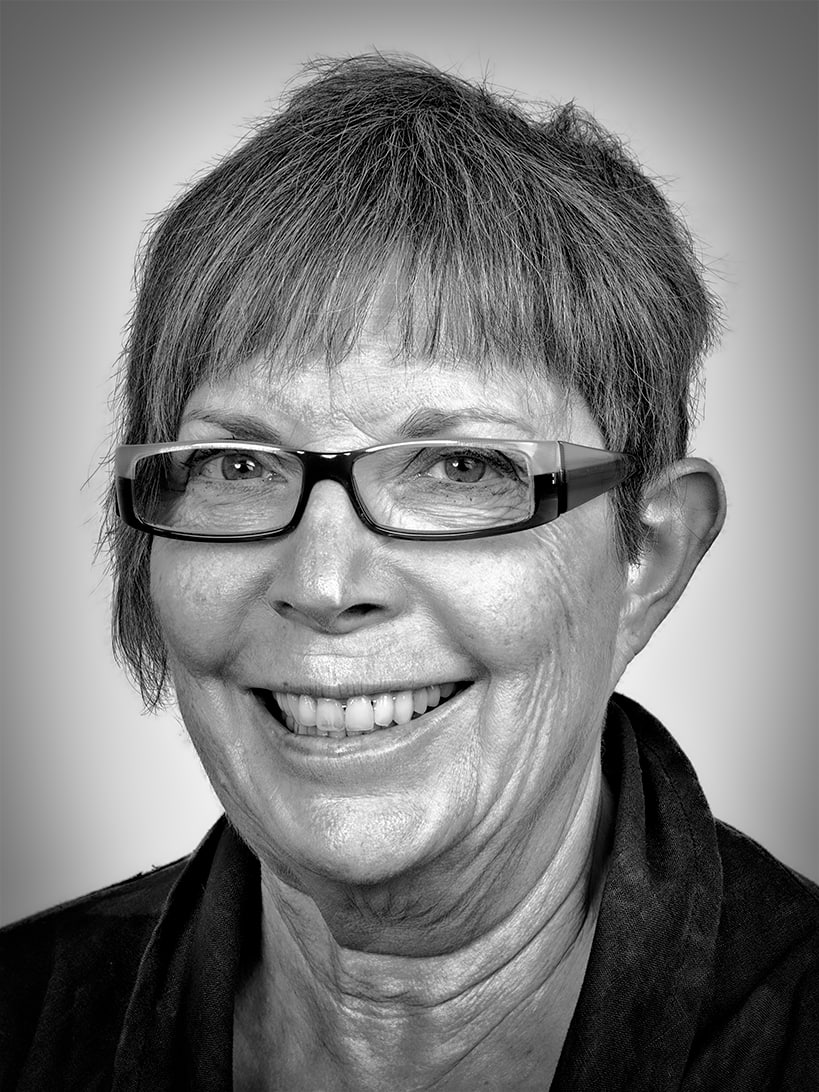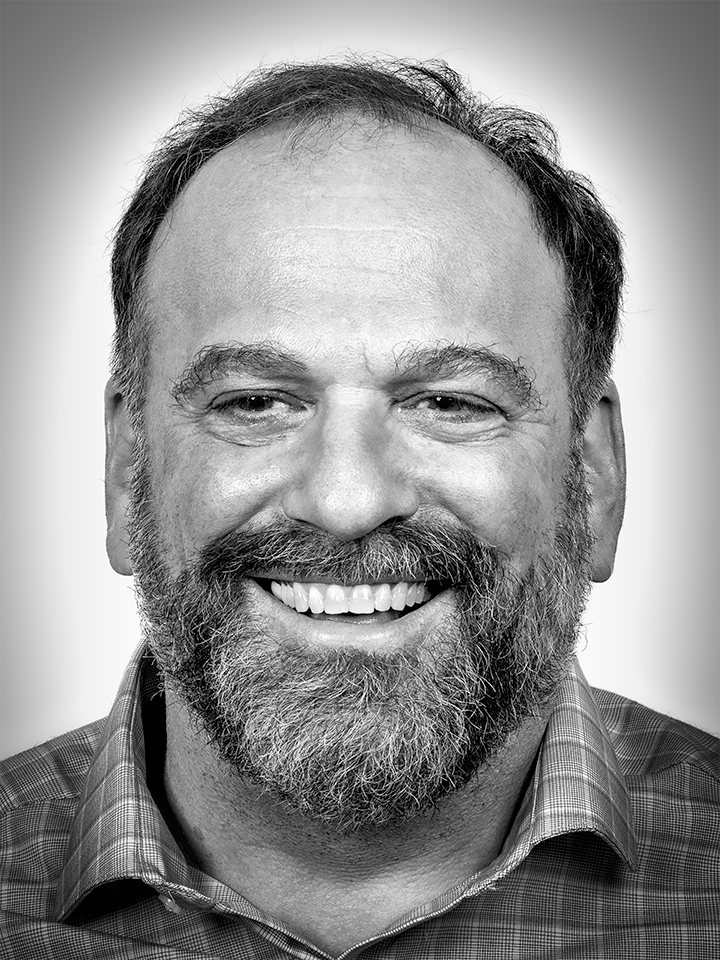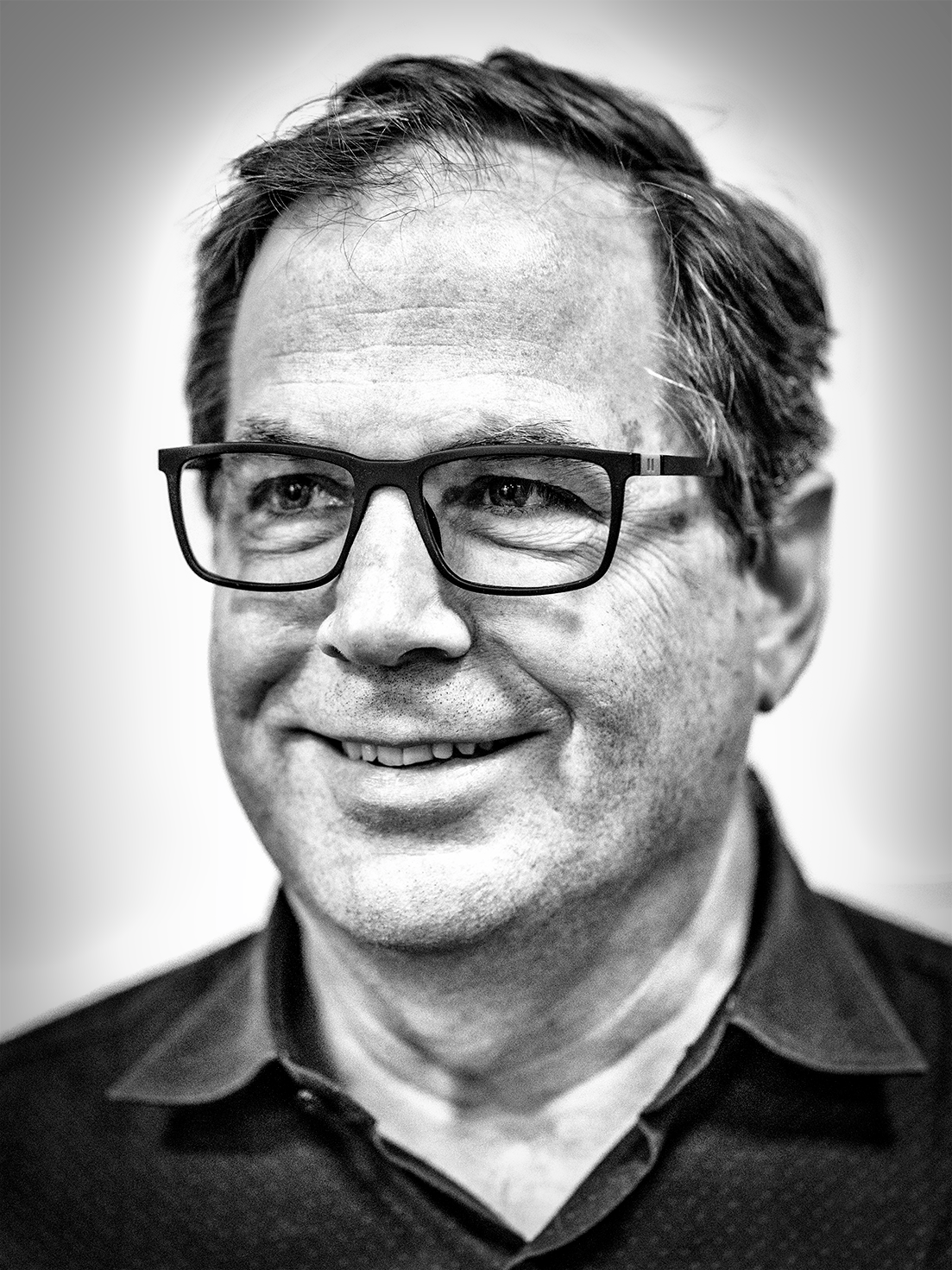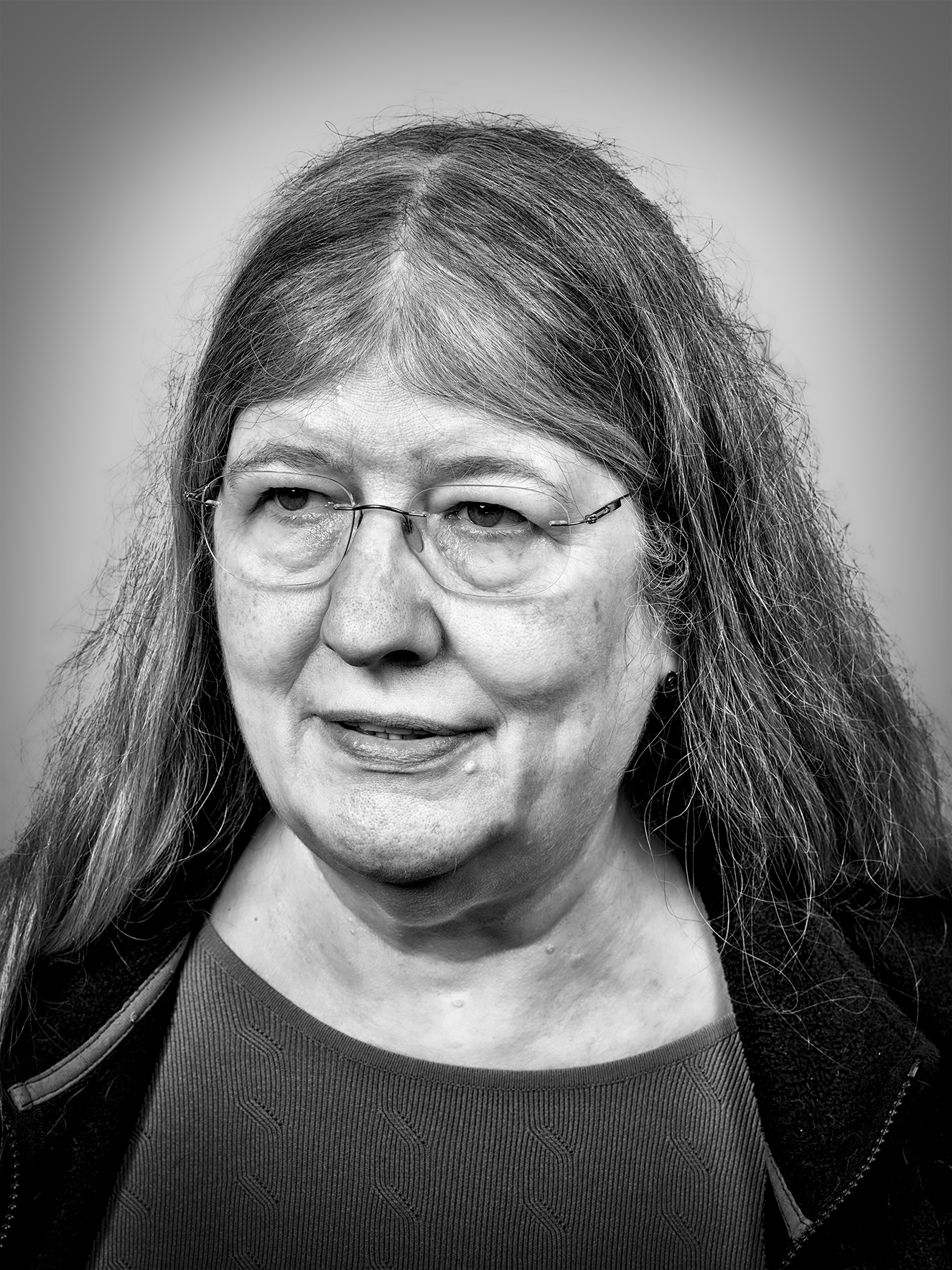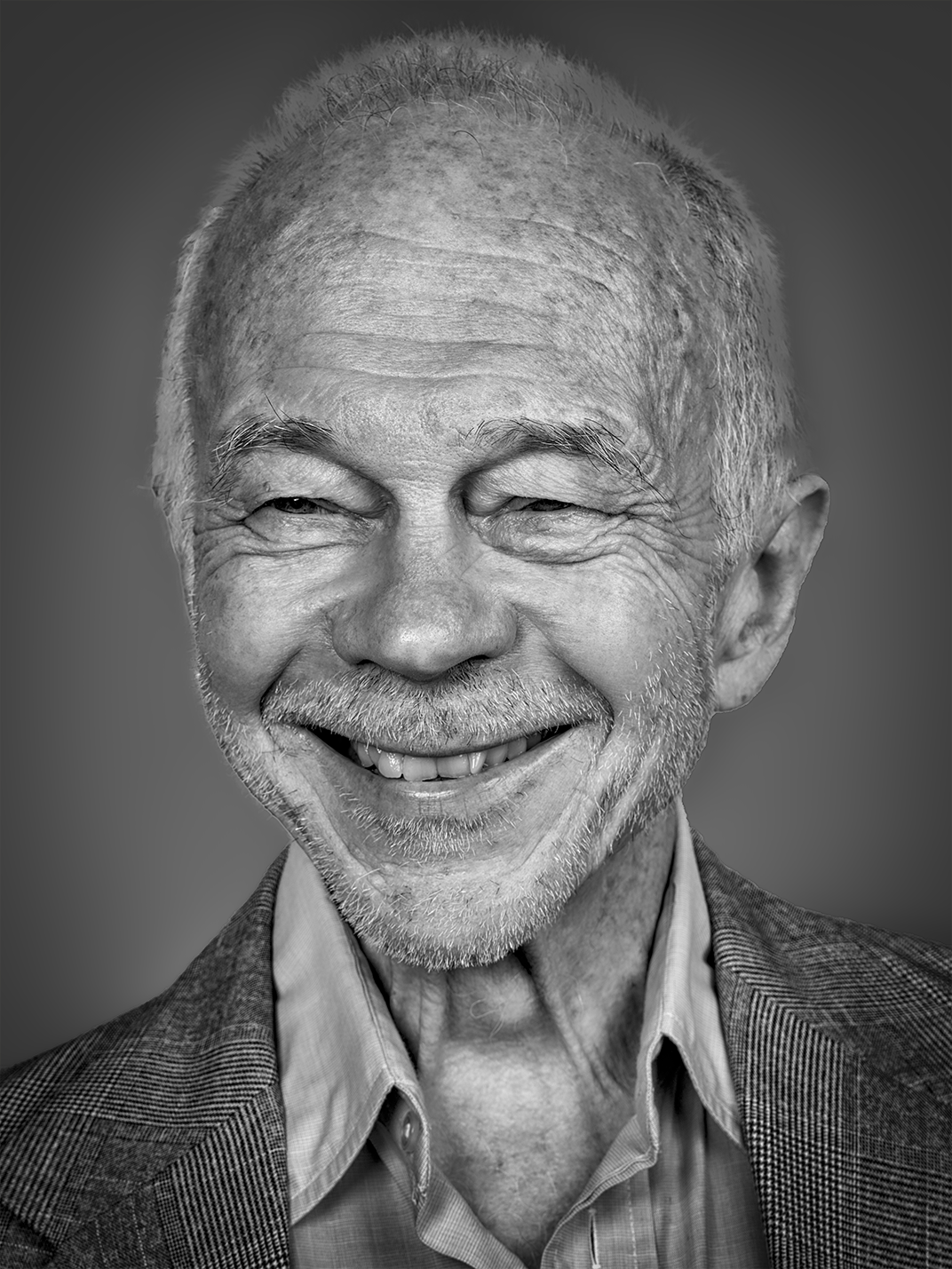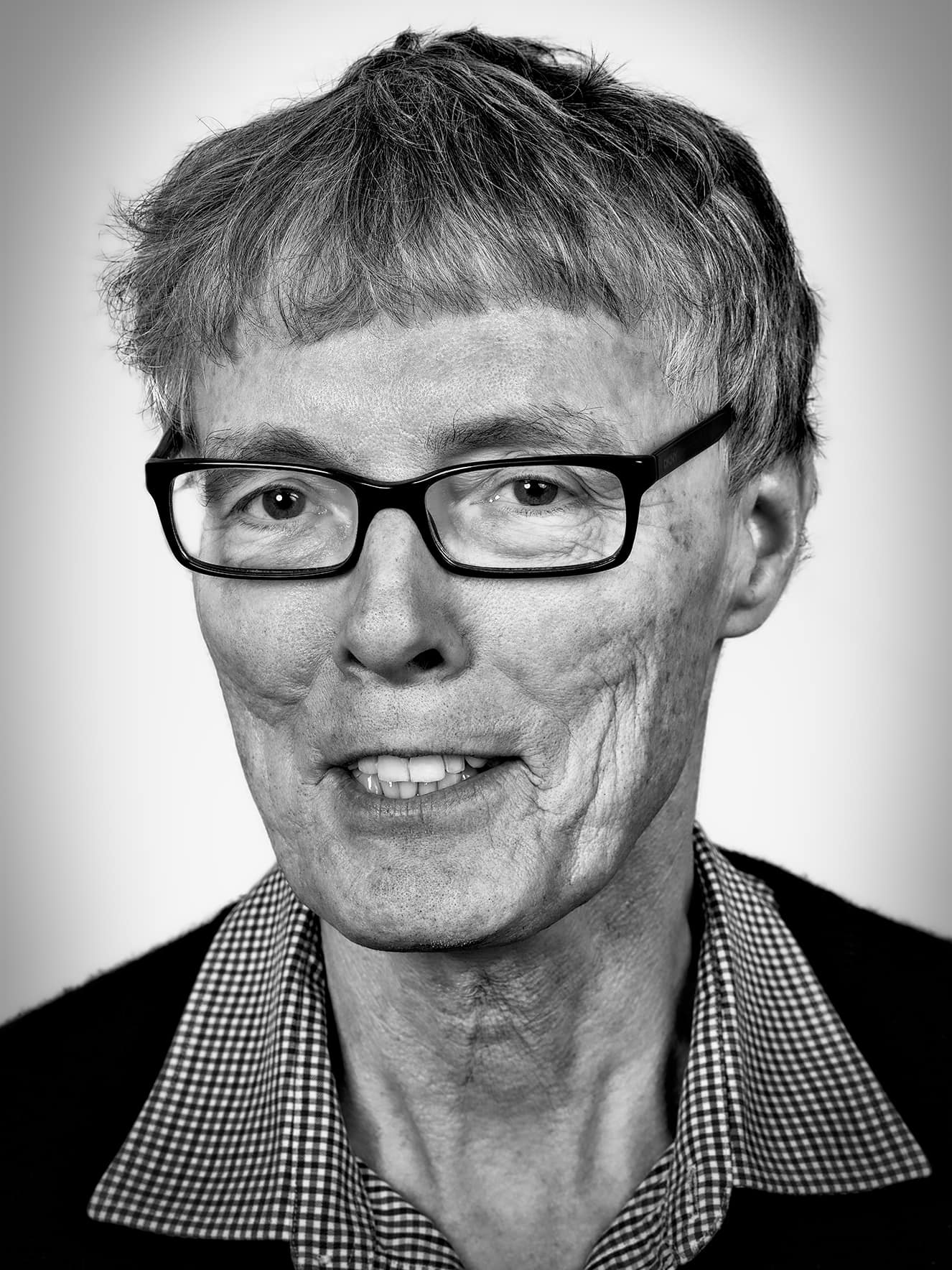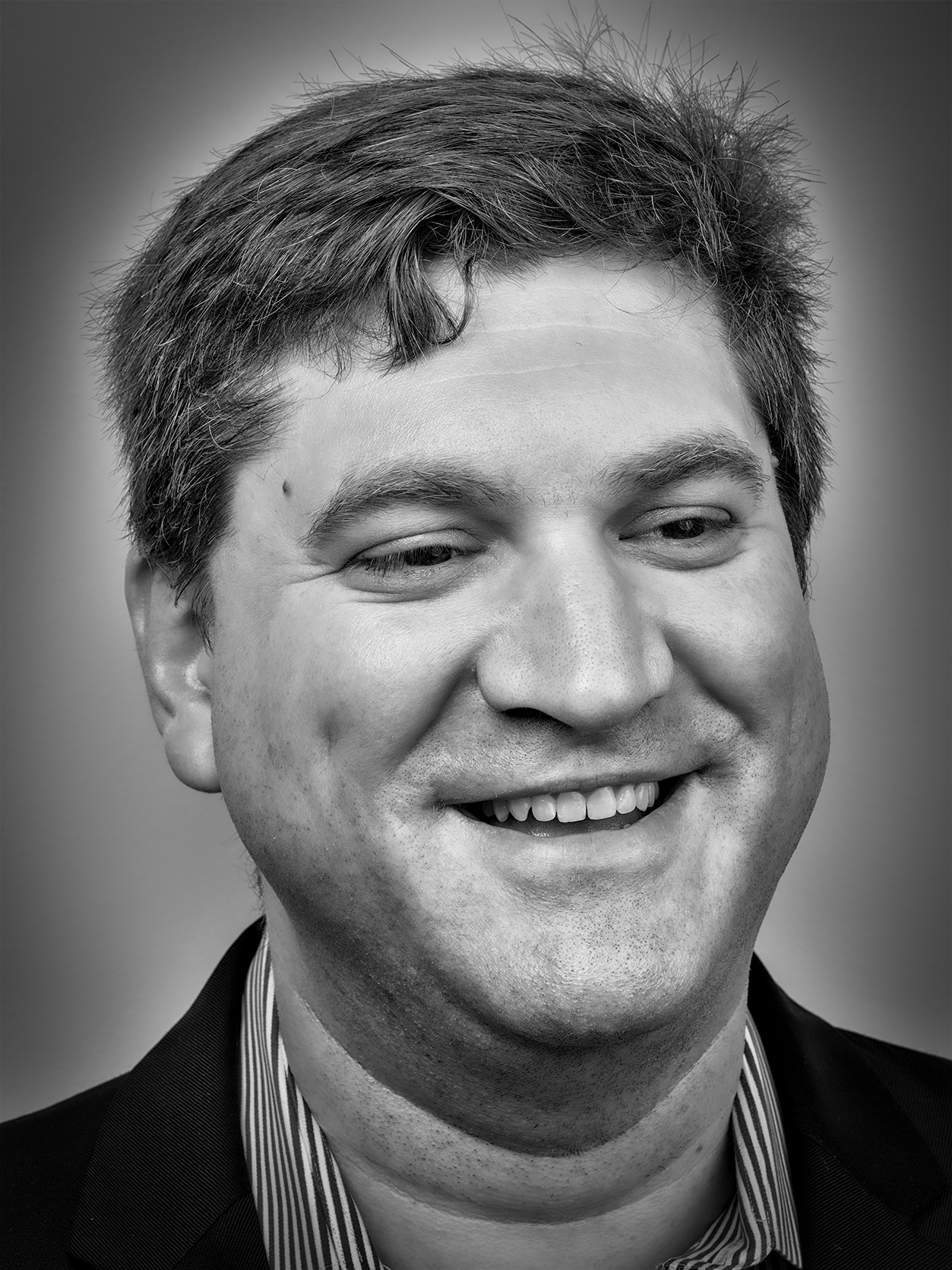Our Member Stories
John Andrews
“Falling asleep at 10,000 ft.”
I was a naval aviator. I was so tired I’d be falling
Watch the interview
San Juanita Sanchez
“El sueño es la vida: sleep is life”
I am an attorney by profession, and I was falling asleep while interviewing my clients.
Watch the interview
Celeste James
“No one was listening!”
I was told: “you have to use the
Watch the interview
Erin Taylor
Many symptoms, one cause
I was dealing with chronic pain, extreme fatigue and sleepiness, memory and concentration problems, frequent illness, and heavy snoring. I thought these were all separate problems – I didn’t know they could have a common root cause.
Watch the interview
Paul Zuccarini
An athlete adapts to sleep apnea
I was a decathlete at school, I was a national champion tri-athlete, I played collegiate soccer. Sleep apnea can affect anyone, whether you’re physically fit or not.
Eugena Brooks
Losing everything
They had to let me go from my job. I lost my home, my car. I went from being a social worker providing for others to being in the social system
Paul Blumstein
Struggling with the CPAP octopus
I use a full-face mask, and it feels like an octopus clinging to my face. I’d just like to sleep without that feeling.
Joelle DeBrow
The journey to healthy sleep
My journey to diagnosis took 20 years. Once diagnosed, I went through 26 different mask styles. I’m now on my seventh medical
Peter Stein
Asleep at 60 mph
I fell asleep on a winding road in Maine going 60 mph . . . the next thing ‘bang!’, I hit a mini-van coming around the curve.
Will Headapohl
Apnea avenger
I had to accept my CPAP treatment…stop living in denial about my condition and get over the stigma of using the machine.
Liz Allen
22 years of being tired
My lack of sleep turned me into a zombie. I wasn’t able to keep up with my company. I’ve been on CPAP for 22 years, and I’m still tired.
Roy Rada
Cancer survivor
I’m unsuccessfuly treated; I tried to use a CPAP for over a year. There is more to explore to advance treatment options for patients.
Paul Foxworth
It’s like whack-a-mole
My parasomnia causes me to move during sleep like I’m kicking a soccer ball and swatting at an opponent. It seems like my brain is supplying a dream during REM sleep so that I will move and then I will breathe.”
Anne Curry
I didn’t fit the profile
I thought, I can’t have sleep apnea: I’m 40, I’m a woman, I’m a healthy weight – sleep apnea is something that occurs to older, heavyset men. I was so ingrained in the idea that I didn’t fit the profile.
Jackson
Can you say “maxillomandibular?” This sophomore can.
I was diagnosed with sleep apnea in high school. I didn’t want to take a CPAP machine to college, ’cause that’s not cool. Since I was a good candidate I had maxillomandibular advancement surgery to reshape the jaw. Being at college without a CPAP is definitely worth it.
Dr. Stacey Quo
The “foreboding black cloud”
Sleep Apnea is a foreboding black cloud that makes any disorder worse: if you can treat the sleep problems, it’s much easier to treat other disorders. The tricky part is
Dr. Michael Grandner
The Big Sleep: Connections between Sleep Disturbance and Suicide
People with insomnia are three times as likely to think about suicide, attempt a suicide, or complete a suicide compared to people who sleep well.
Deborah Kilpatrick
A new kind of research
Health data is not just relevant in a clinical trial that starts and stops, it’s relevant every day. What we’re gaining is real life, continuously flowing data with patient informed consent.

